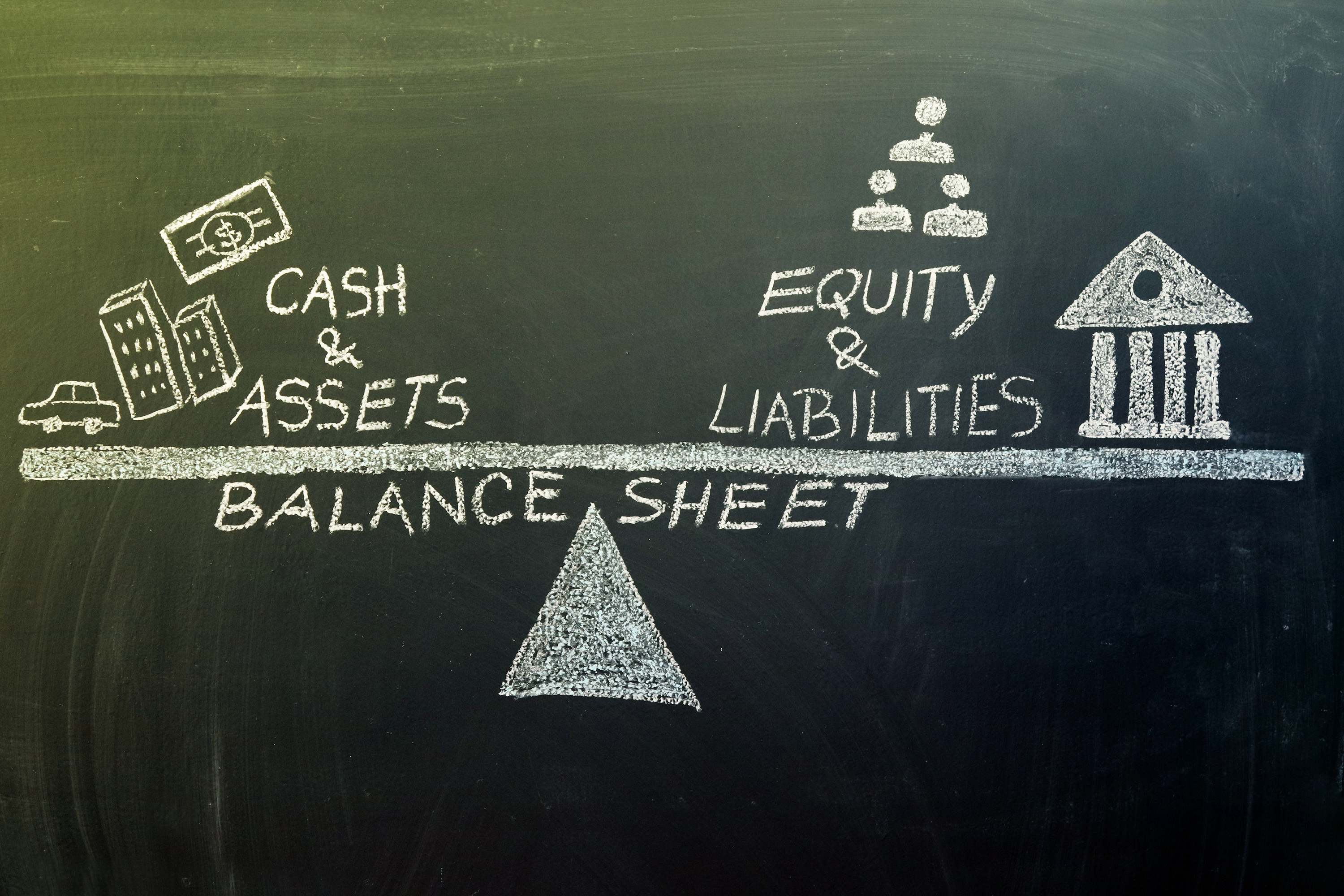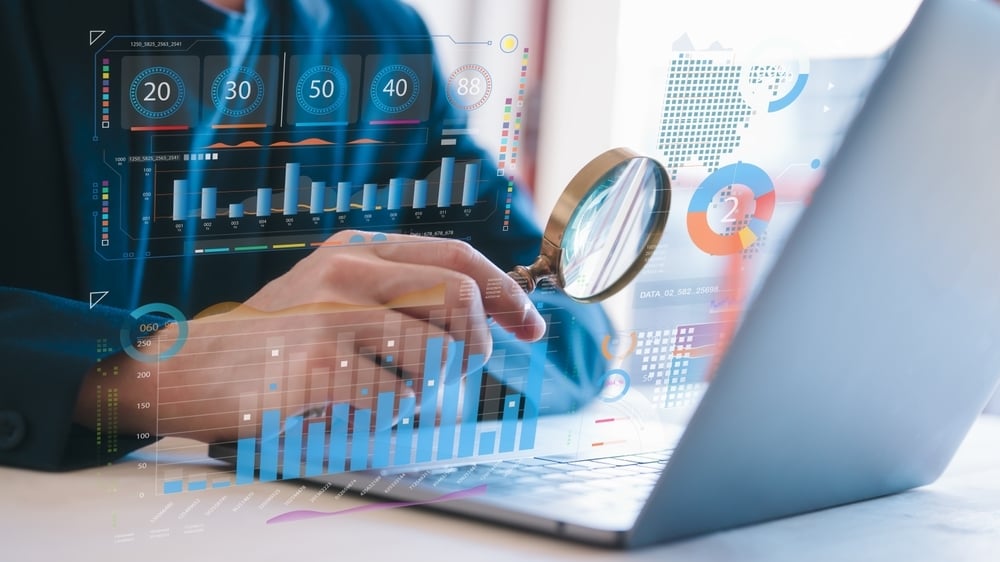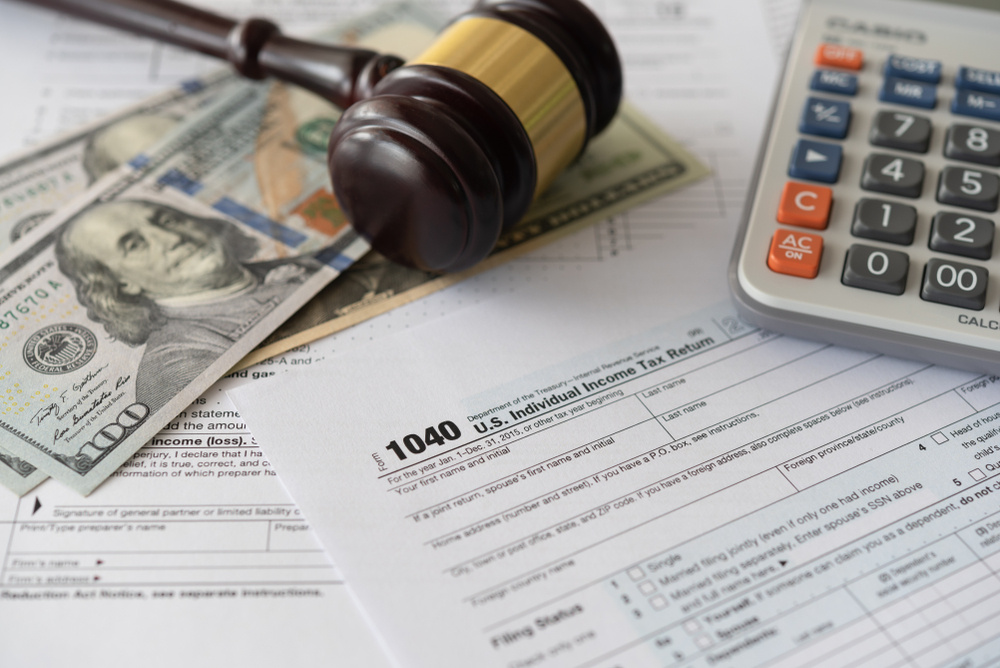Leveraging Numbers to Create Your Business Strategy
Having a solid and effective business strategy can be vital to a company’s success, including obtaining and sustaining a competitive advantage with...

Understanding Assets and Liabilities
Assets and liabilities are two of the three main components of a company’s balance sheet. Assets are everything the business owns and can be tangible or intangible. Everything from cash, accounts receivable, buildings, land, vehicles, and investments can be assets for a company. Liabilities consist of everything a business owes to others. Loans, credit lines and accounts payable are considered liabilities for a company. The difference between assets and liabilities makes up the third main component of the balance sheet, which is equity, or a company’s net worth.
Accounting Equation
Total Assets = Total Liabilities + Equity
Importance Of a Correctly Coded General Ledger
It is important when entering transactions into your general ledger to properly code them to correct the accounts. For example, if a truck is purchased, it should be coded to the proper fixed assets account. If a thirty-year mortgage loan is taken, it should be coded to a long-term liabilities account. An asset purchase should never be posted to a liability account, nor a liability taken be posted to an asset account. If posted incorrectly, it can lead to inaccurate reporting and cause issues when trying to assess a company’s performance. Accurate reporting is crucial to the success of a company, allowing them to truly see where they stand and where they can improve. So, make sure to code correctly!
Reach out to one of our staff members with any questions regarding assets, liabilities, or transaction coding, we would be glad to help!
This article was written by Matthew Ashby, Accounting Specialist II with Baldwin CPAs. For questions or more information, please reach out to matthew.ashby@baldwincpas.com.


Having a solid and effective business strategy can be vital to a company’s success, including obtaining and sustaining a competitive advantage with...

Helping You Work Smarter, Not Harder

Businesses with one or more employees are required to withhold and remit taxes. Depending on the filing status of the employer, the returns are...